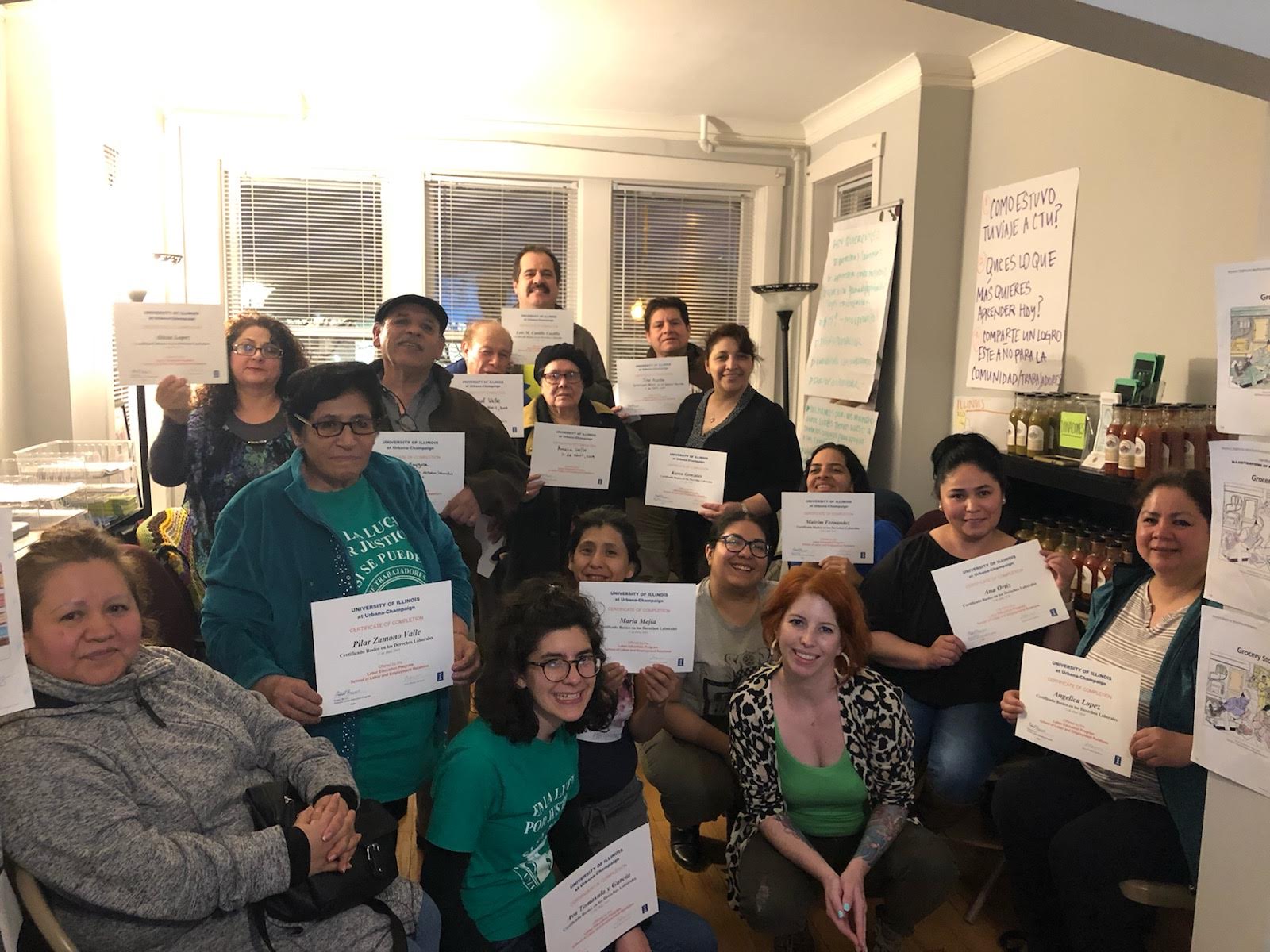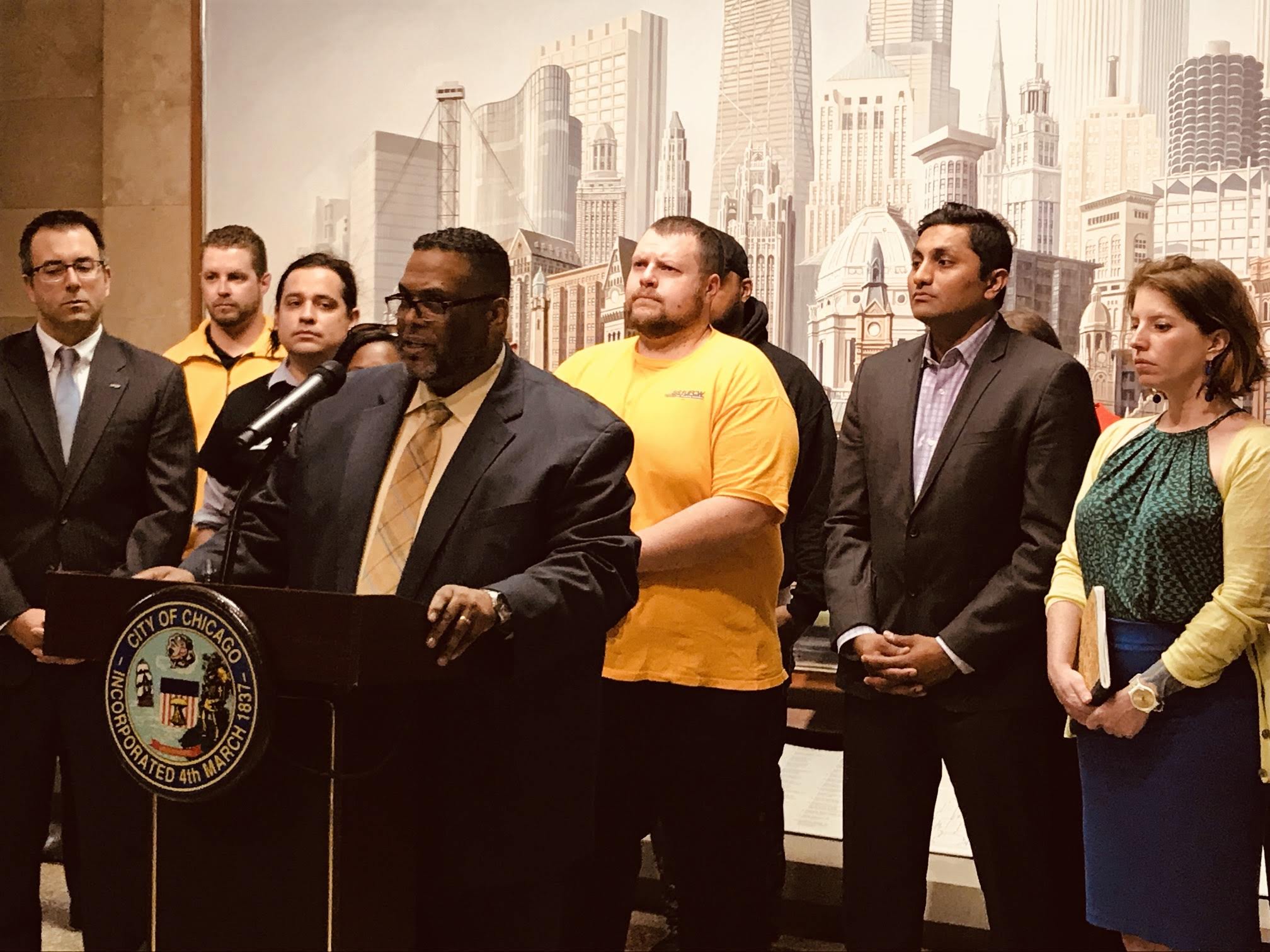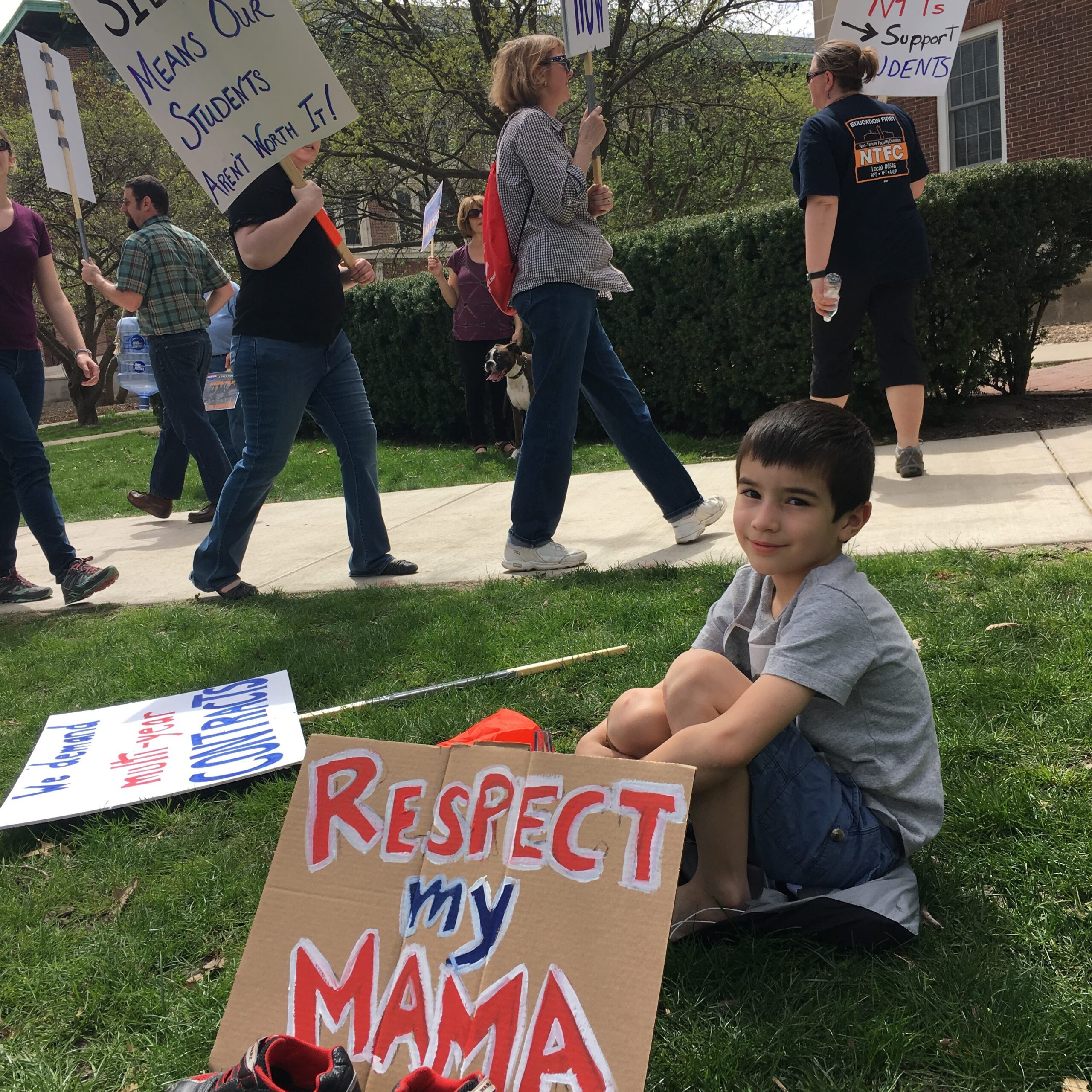Overview
Workers across the country remain grossly unaware of legally required wage and hour protections and other rights they maintain on the job. Workplace violations affect the lowest-wage workers who are the least able to risk losing or quitting a job. Wage theft, in particular, causes families to fall below the poverty line and strains safety net programs by increasing workers’ reliance on public assistance. Lost wages put downward pressure on wages which negatively affects law-abiding employers, affected industries, and local and state economies.
Worker’s Rights CurriculumIn partnership with workforce development agencies, faith-based institutions, high schools, community colleges, and community-based organizations, LEP provides introductory workers’ rights classes to groups that are already engaged in a collective learning process. These interactive workshops help students understand their rights on the job and ways in which they can protect themselves from violations of workplace laws. Students who are aware of their rights at work can protect themselves against wage theft, illegal discrimination, workplace injuries, and other violations of the law.


